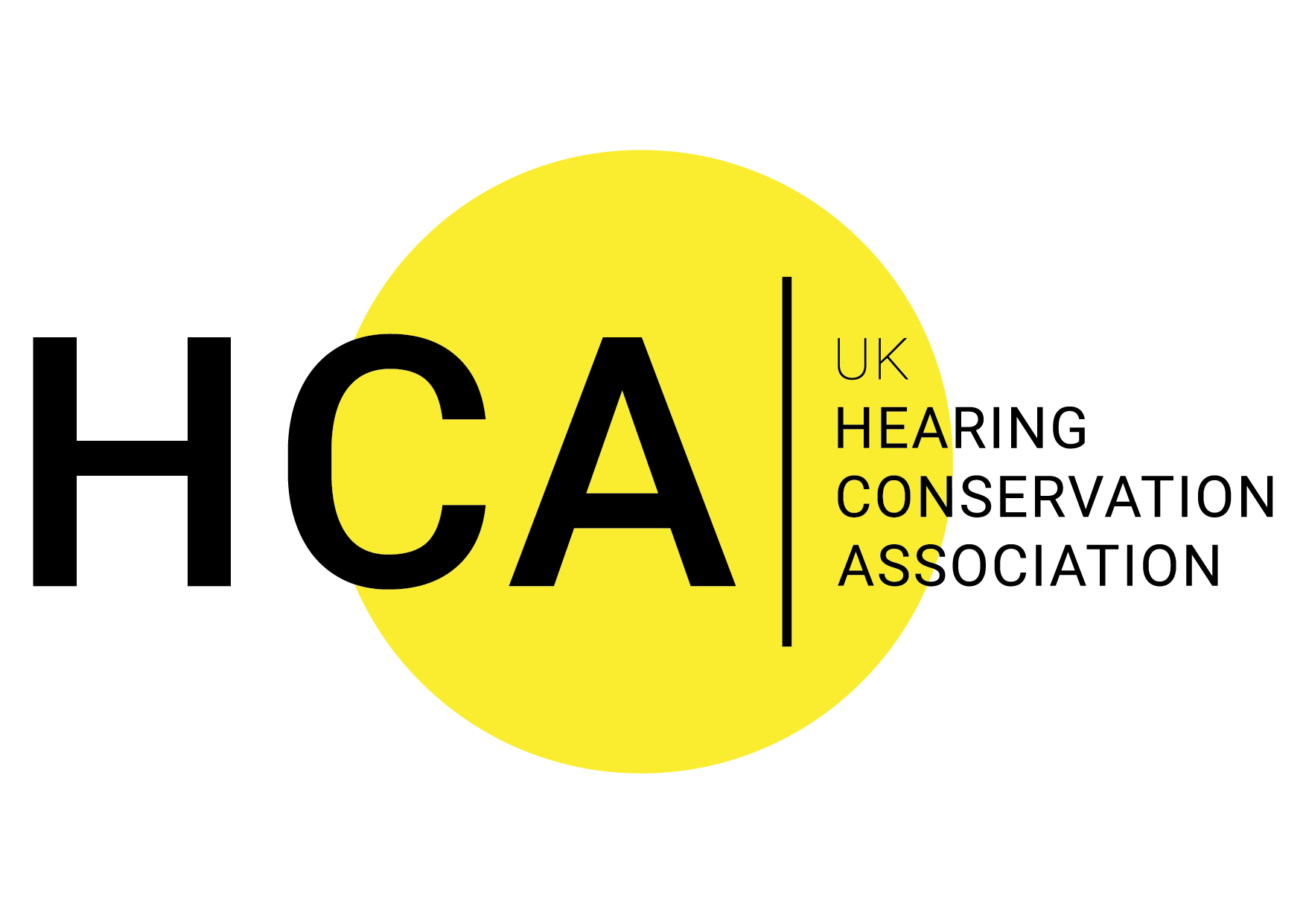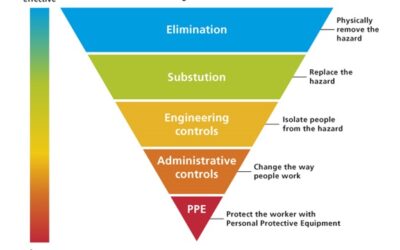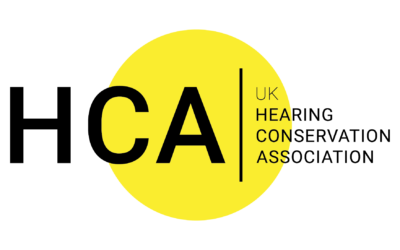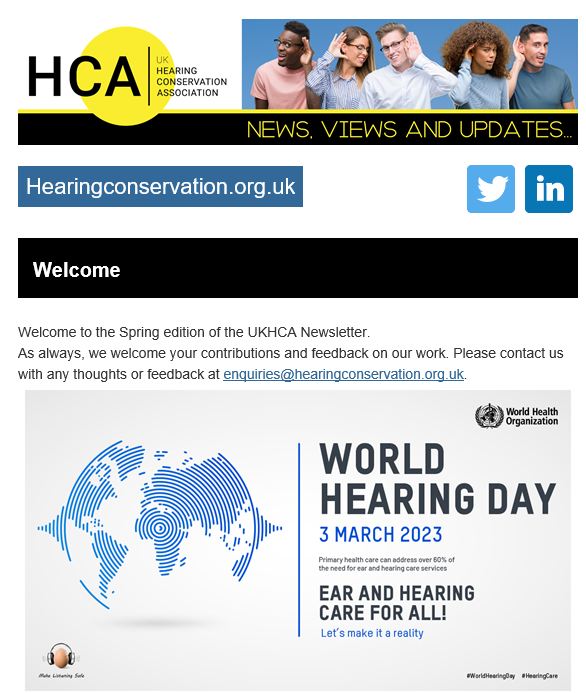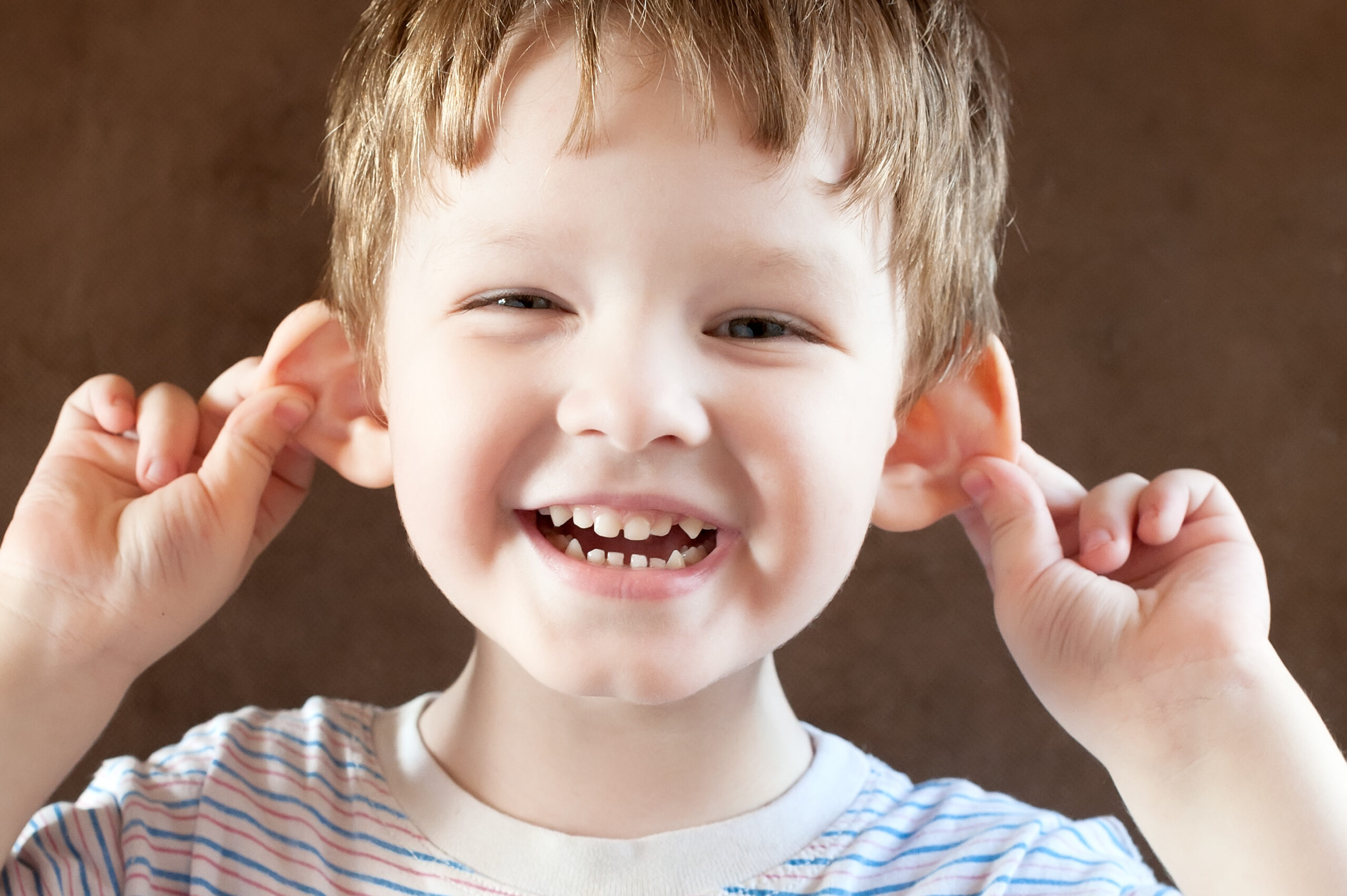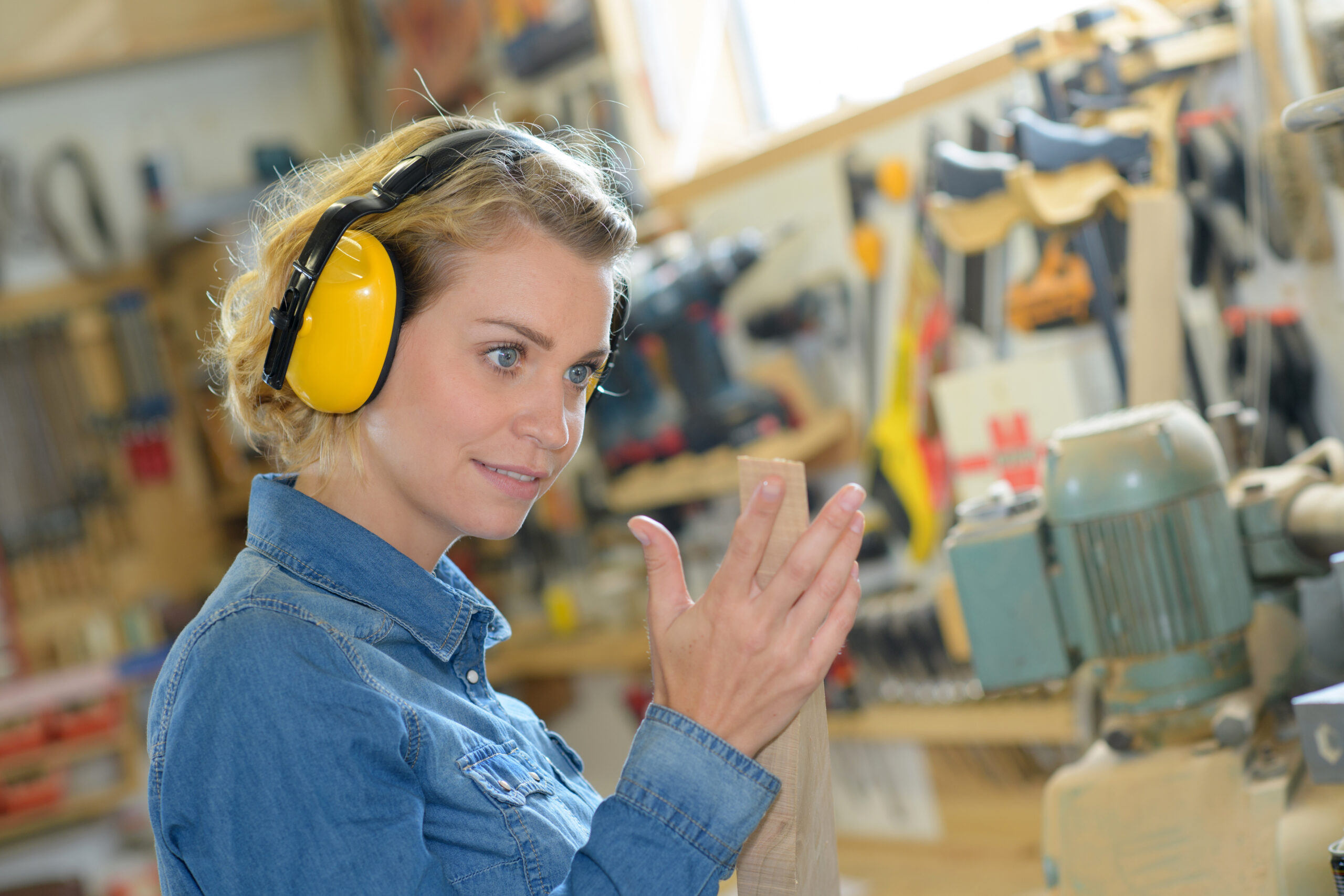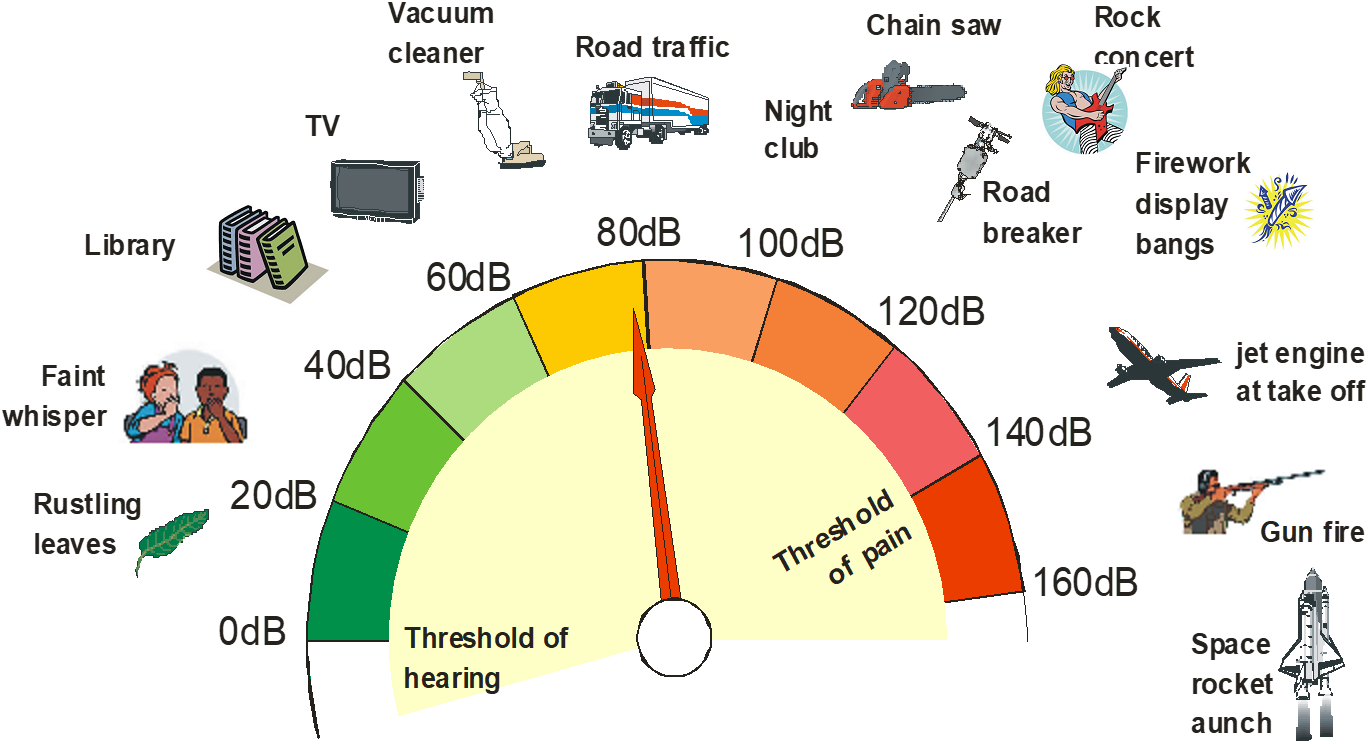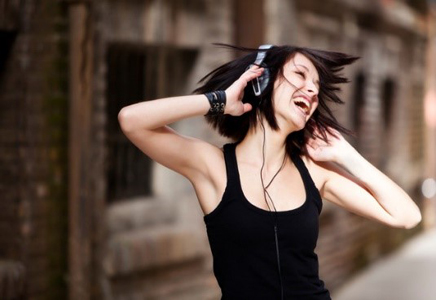Guidance
GUIDANCE DOCUMENTS
Below are links to guidelines we believe you may find useful, if you wish to recommend any further guidelines for the website please contact clare.forshaw@hearingconservation.org.uk
HP fit checking poster for download
SOM_UKHCA_Position_Statement_Noise_Health_Surveillance_Guidance_May_23.pdf
UKHCA Hearing Protection Fit Testing — An Introductory Guide | Hearing Conservation
Be a Smart Buyer when it comes to Noise Consultancy Services | Hearing Conservation
NEW GUIDANCE; HEARING AID USERS IN NOISY WORKPLACES | Hearing Conservation
UKHCA-Construction-Noise-FAQs.pdf (hearingconservation.org.uk)
Sources of noise that could be damaging your hearing
Exposures to recreational sounds are increasing – What can be done to protect our hearing health?
Interpreting an Audiogram for Indications of Occupational Noise-Induced Hearing Loss (NIHL)
An outline for workplace noise survey reports
Interpreting an audiogram for indications of occupational noise-induced hearing loss
Latest News & Upcoming Events
Lipreading and the McGurk Effect
With today’s unprecedented global pandemic and the population being encouraged to wear mouth coverings there has been an increasing awareness of lipreading and the access people need to it. Lipreading is a skill that can be learned and indeed taught but did you know...
Are you particularly bothered by loud sounds?
Do you find the cinema intolerably loud? Stick fingers in your ears when a train screeches to a stop? Enraged when a toddler hammers the hardwood floors with a toy? Does being at a loud party or restaurant stress you out? Do you find sweet relief in wearing earplugs...
UKHCA Webinar series in collaboration with the BOHS: Reproduced Sound in Industrial and Office Environments
Review by Stephen Wheatley In this webinar, we hear from: Stephen Wheatley, UKHCA and LimitEar/HearAngel Ltd - An update on the activities of the World Health Organisation Make Listening Safe Campaign. A look at the possible risks to hearing for those who use...
UKHCA Webinar series in collaboration with the BOHS: ‘The impact of acoustic design on people’s health & wellbeing’
Review by Clare Forshaw The third in the series of webinars was from Andrea Harman of Ecophon who presented to us on ‘The impact of acoustic design on people’s health & wellbeing’ The presentation explored how we can plan to improve internal sound environments by...
UKHCA Webinar series in collaboration with the BOHS: Hearing Health Surveillance, new ideas and fresh approaches
Review by Dr David Greenberg In this webinar, we hear from: Alex Wilson – an introduction to the work of the UKHCA Clare Forshaw – what the goal of hearing health surveillance is and what the pitfalls are and limitations to be aware of are Tom Parker – sharing a...
UKHCA Webinar series in collaboration with the BOHS: Management of Noise Control
Review by Alex Wilson The first in the series of webinars held by the UKHCA and kindly hosted by the BOHS we were treated to a special showing of two of the industry’s icons regarding managing noise in the workplace and controlling noise through many options....
Headsets and Earphones Use in the Workplace
How do the Regulations apply and how can we measure noise exposure levels? It may not be obvious to many, but employees who regularly use headsets and earphones in workplace environments like command and control rooms, call centres, trading floors, television...
Why noise instrumentation is not always the dBs.
If you have to raise your voice to communicate face-to-face, in a socially-distanced workplace setting, then you probably have a noise problem. Pass Go, collect £200 and head straight to the hierarchy of controls (see Figure 1). Figure 1 Source: NIOSH You may want to...
A COHERENT APPROACH TO THE PREVENTION OF NOISE INDUCED HEARING LOSS
In the days of COVID-19 and what we all like to call the new normal, we easily forget that noise has become an everyday contributing factor to several challenges affecting the quality of life. Such challenges include communication loss, where speech intelligibility is...
Could headphones be damaging your Children's hearing?
Find out how to protect their hearing
Noise at Work?
Find list of resources to help you
Noise Induced hearing Loss
Find out more about acceptable levels of noise
Headphone Use
Find out how to protect your hearing
5 ways to protect your Hearing
With the World Health Organisation (WHO Report ) suggesting that more than 1 billion of us are at risk of permanent hearing loss here are 5 ways you can protect your hearing.
1.
Firstly, test your hearing. Try the easy, free app, hearWHO (Link to hearWHO app). Keep a record of your score and retest yourself every six months or so. If you are worried about your hearing see your doctor.
2.
Try to avoid exposure to loud sounds/long periods of exposure. Loud sounds are common at live events, music and motorsport, when shooting, using power tools, lawn mowers and riding motorcycles. If you are attending, taking part or using noisy equipment make sure you wear hearing protection.
3.
A common source of large sound doses is from using headphones. Consider timing how long you are using your headphones are and check out your listening levels. It may help you to download a hearing safeguarding app, which will total the time and level for you, and let you know when you’re overdoing it.
4.
Upgrade your ear buds to good quality ‘over-ear’ headphones which will reduce the background noise so you can listen at a lower level. For the noisy public transport consider buying active noise cancelling headphones.
5.
When you go to live music events take hearing protection with you and use it when the support act is on to give your ears a break and leave them fresh for the main attraction.
